Cut costs
Do you have an emergency budget on the books? If not, now’s a great time to create it. Even if you’re self-employed or a gig worker, you need to stick to a budget, and it’s a smart move to prepare for weathering emergencies like a worldwide pandemic or more common scenarios like floods, tornadoes, earthquakes, or other natural disasters that could shut down your business temporarily.
It means paring down your expenses to the bare minimum. Travel, big expenses like new equipment and, likely, hiring are frozen for the time being. The holiday party you had planned for your staff is probably canceled, too.
Look a little deeper, though, and you’ll find many other, less obvious ways to cut costs. Here are a few ideas:
- Check your utilities and energy use. Is the office thermostat turned down? Lamps, little appliances, and electronics unplugged? All of the lights off?
- Make sure your usual services are put on hold. This means your office cleaning service, groundskeepers, subscriptions, anything non-essential.
- Tackle your current debt. This means talking with the vendors, suppliers or lenders you owe. Make the minimum payments only, for now, or ask if they have a COVID relief policy that can suspend payments temporarily. Many companies are doing this, so it pays to ask. The same goes for your office rent.
Double-check your insurance coverage
When’s the last time you dusted off that policy? If you can’t remember, now’s the time to take a look.
You may have coverage for some of the losses you’re experiencing because of a business downturn or a complete shutdown due to COVID-19. Emphasis is on the word “may,” here.
Policies vary widely, but it’s worth a quick call to your agent to talk over your policy, its exclusions, and whether you’ll be covered for any losses you’ve incurred.
Maximize your retirement account tax benefits
If you have a retirement account, great! If not, now is the time. Open a retirement account or evaluate whether you’re getting all the tax benefits you’re entitled to under your current plan. Let’s look into this in more detail.
[Related resource: The Tax Preparation Checklist]
Tax benefits for common self-directed retirement accounts
Retirement accounts like SEP and SIMPLE IRAs, Solo 401(k)s, and others can offer potentially larger contributions and tax benefits each year, but what about Roth or traditional IRAs? The fact is, getting the most out of your tax benefits can be complicated.
With SEP and SIMPLE IRAs, Solo 401(k)s, and traditional IRAs, your out-of-pocket contributions are pre-tax, and may provide a tax deduction in the year of contribution. You’ll see tax-deferred growth until you start withdrawing during retirement, when the funds will be taxed as ordinary income.
The whole idea of Roth IRAs is switching that tax liability up to the front end, rather than the back. With a Roth, you make your out-of-pocket contributions after-tax, so you don’t get any tax deduction upfront. Your qualified distributions and withdrawals are tax-free.
Uncertain times don’t have to mean uncertain finances. At Equity Trust, we’re here to help. Find out more comprehensive information in our “Guide to Self-Directed Accounts & Taxes.”







